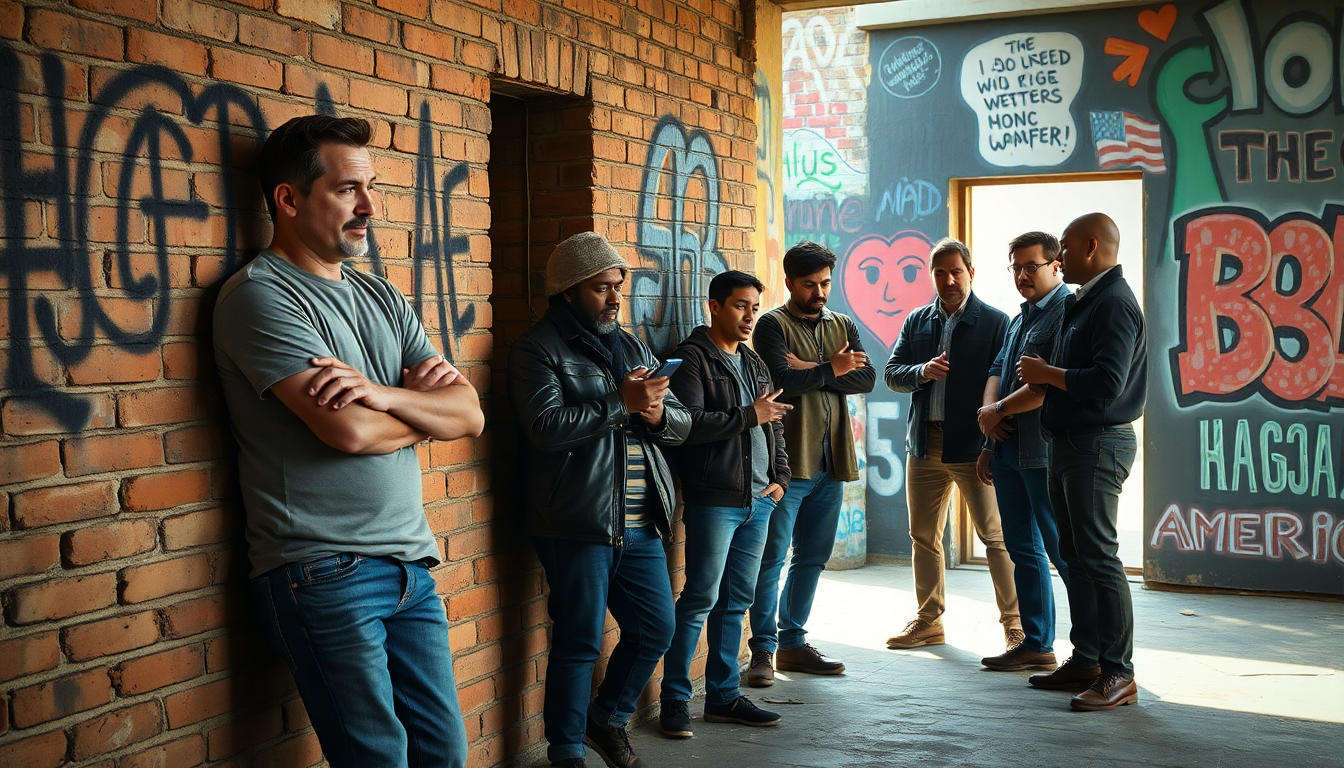Table of Contents
In a world where the very essence of manhood is under siege, it seems America is grappling with what it means to be a man. The crisis of masculinity isn’t just a buzzword thrown around by the media; it’s a glaring reality that permeates our society. So, when Missouri Senator Josh Hawley steps up to voice his concerns, it raises eyebrows. What does he really know about manhood, anyway?
Justin Hartley’s take on masculinity
Actor Justin Hartley, best known for his role in the series ‘Tracker,’ believes he’s struck gold with his character, Colter Shaw—a survivalist who tracks down missing persons. Hartley claims the show’s success stems from a portrayal of masculinity that’s unapologetic and refreshing. Really? Is that what you think people are craving? A character who struts around, puffing out his chest, and flexing his muscles? He claims, “One of the things I really love about Colter is that he doesn’t apologize for his masculinity.” Well, isn’t that just adorable?
The heart of the show lies in how Shaw embodies manhood. Hartley insists that viewers are searching for strong male figures, asking themselves, “What kind of male friends do I have in my life that I truly value?” It’s almost as if he believes that just because a character is emotionally evolved and introspective, it makes him a paragon of masculinity. Sure, let’s just ignore the fact that the world doesn’t revolve around fictional characters, shall we?
The fine line of masculinity
Hartley emphasizes that Shaw is “a man through and through.” But let’s break this down, shall we? Being a man doesn’t mean being the loudest one in the room or a know-it-all who throws tantrums like a toddler. He argues that masculinity can also be about understanding people and reading emotions. Is that really what we want from our male icons? To be sensitive and nurturing? Or are we just playing into the hands of a culture that seeks to redefine what manhood should be?
As the second season of ‘Tracker’ rolls on, with a third season reportedly in the works, the conversation around masculinity is only heating up. Hartley believes that the character’s depth and development are what keep viewers hooked. “We wanted a new spin on a procedural,” he says, as if he’s cracked the code of modern storytelling. Well, congratulations, Justin. You’ve taken a tired genre and thrown a little emotional depth into it. Bravo.
The allure of flawed characters
Viewers are apparently eating it up. Hartley claims, “There’s a huge appetite for this kind of show.” Maybe that’s because we all secretly love flawed characters who grapple with their identities. But let’s not kid ourselves; the allure of masculinity isn’t just about emotional evolution. It’s messy, chaotic, and often downright uncomfortable. So why are we pretending that the solution to the so-called crisis of masculinity is simply creating more relatable male characters?
In the end, Hartley’s character might resonate with some, but let’s consider the bigger picture. Are we really celebrating masculinity, or are we just slapping a trendy label on it to make it more palatable for today’s audience? Because if the answer is the latter, then we’re all just playing a part in this grand charade. And honestly, who wants to be a part of that?


